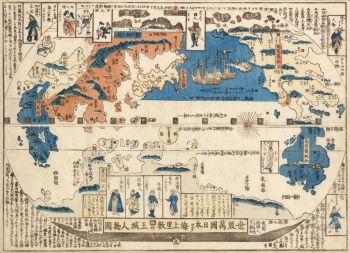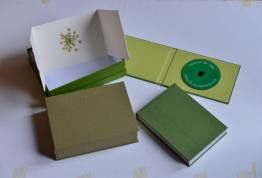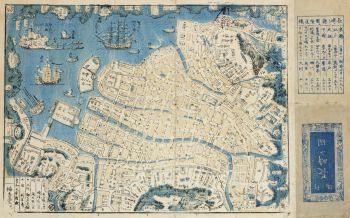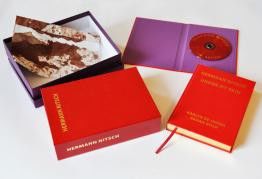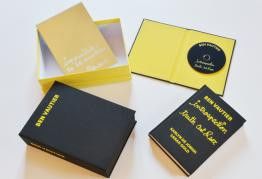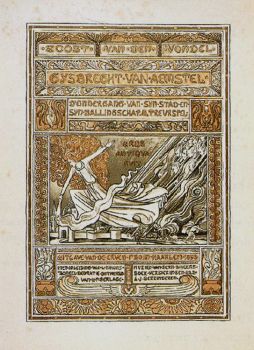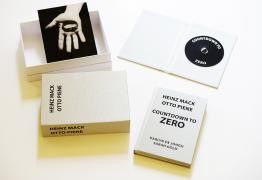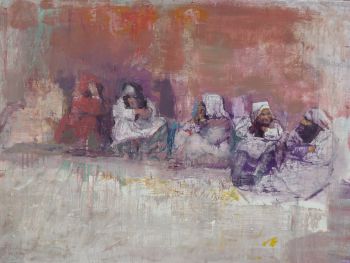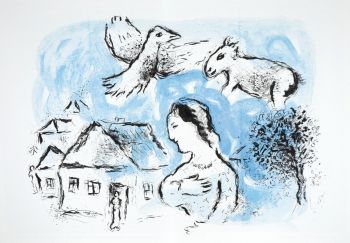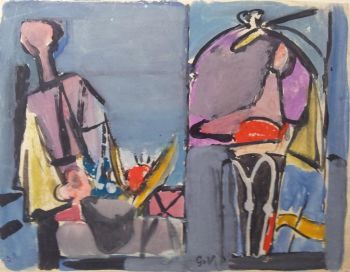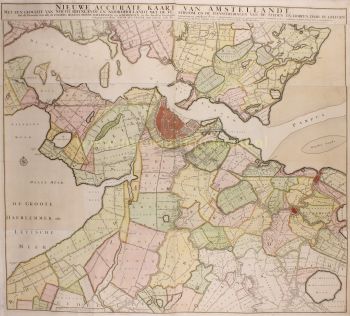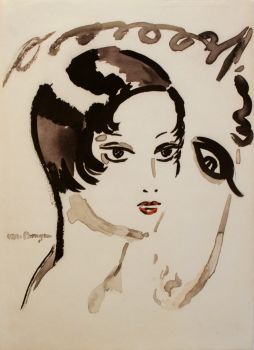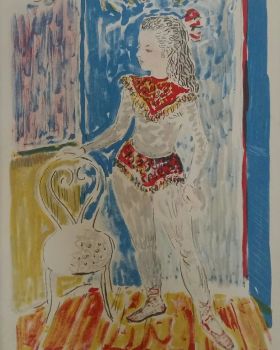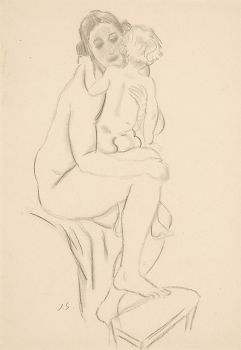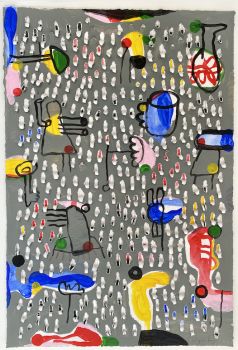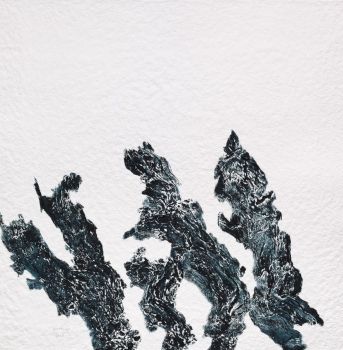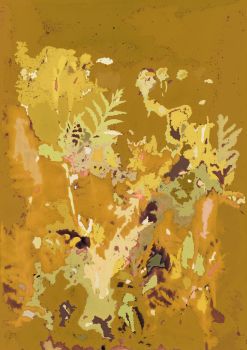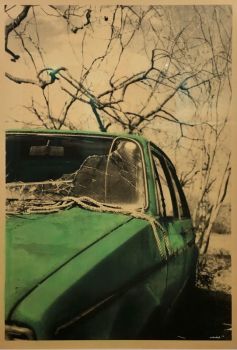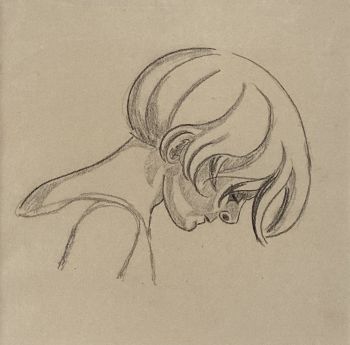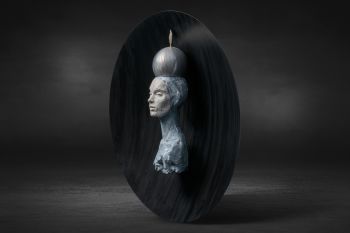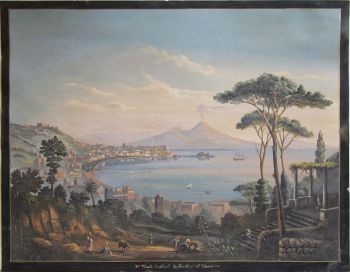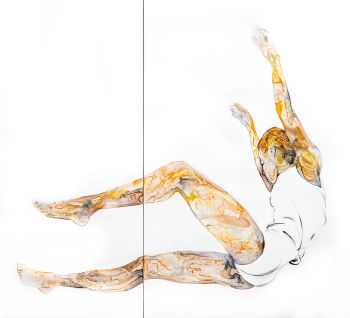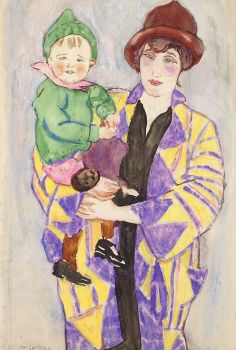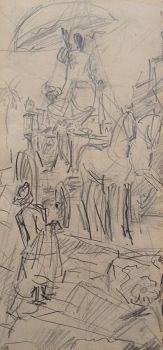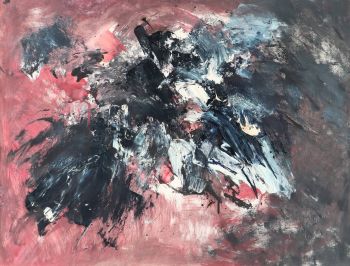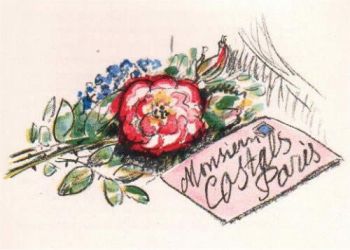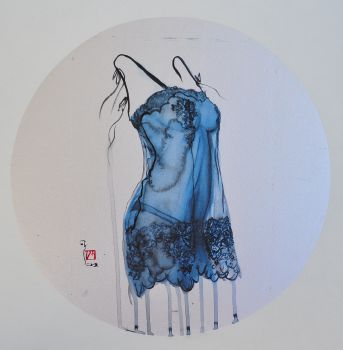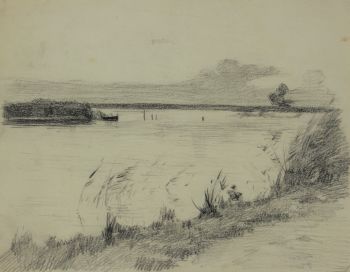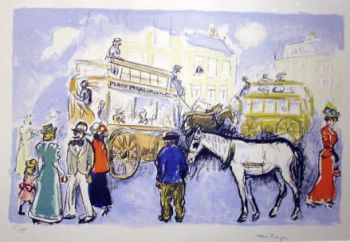The first English Quran to be translated directly from the Arabic, still highly regarded 1734
George Sale
TintaPapelCuero
ConditionExcellent
Actualmente no disponible a través de Gallerease
- Sobre la obra de arteThe Koran, commonly called the Alcoran of Mohammed, ...
London, Charles Ackers for John Wilcox, 1734. Large 4to (25.5 x 20.5 cm). With 5 engraved plates: a large folding map of the Arabian peninsula (with an inset view of the "Temple at Mecca"), a folding plan and view of the "Temple at Mecca", and 3 family trees (2 folding). Contemporary calf, gold-tooled board edges. Rebacked.
First edition of the first English Quran to be translated directly from the Arabic: a landmark not only in efforts to bring an accurate version of the Quran to the English-speaking world, but also in Western Quranic studies in general. It also includes Sale's 7-page note to the reader, with criticisms of earlier translations into English and other languages, his 187-page preliminary discourse bringing together a wealth of information about Islamic culture, and valuable scholarly footnotes, including material from the Islamic commentaries of al-Baydawi and al-Suyuti. Holt notes his "enlightened and objective attitude" in sharp contrast with most Western Arabists of his day or earlier: "His freedom from religious prejudice …, his obvious conviction that Arabic writers were the best source of Arab history, and Muslim commentators the fittest to expound the Quran, marks an enormous advance …". Sale's English translation remains highly regarded today.
In fine condition and only slightly trimmed. The binding is rebacked and has several restorations, but is otherwise good and remains structurally sound. A landmark edition of the Qur'an and the first good English translation.
Fück, Die Arabischen studien, p. 104; P.M. Holt, Studies in the history of the Near East (1973), pp. 57-60; Schnurrer, p. 429. - Sobre el artistaGeorge Sale nació en Canterbury en 1697 y murió en la ciudad de Westminster en 1736. Estudió en la King's School de Canterbury y en 1720 se convirtió en alumno del Inner Temple. Se sabe que se formó como abogado en sus primeros años pero se tomó el tiempo para estudiar el este y otros idiomas, tanto antiguos como modernos. En 1734, Sale publicó la traducción del Corán, proporcionando numerosas notas y un conocimiento profundo de los hábitos, costumbres, tradiciones y leyes orientales. La traducción de Sale del Corán se ha reimpreso a los tiempos modernos. Sale también fue un corrector del Nuevo Testamento árabe (1726) publicado por la Sociedad para la Promoción del Conocimiento Cristiano. Adquirió una biblioteca con valiosos manuscritos raros de origen persa, turco y árabe (que ahora se encuentra en la Biblioteca Bodleian de Oxford). Sale fue uno de los primeros miembros de la Sociedad para la Promoción del Conocimiento Cristiano. Murió en Surrey Street, The Strand, el 13 de noviembre de 1736. Sale fue enterrado en St. Clement Danes.
Artwork details
Related artworks
Antonie Derkinderen
Memory book Exhibition of Dutch Painting1892
Precio a consultarKunsthandel Pygmalion
Engelbert Kaempfer
LIBRO DE ENGELBERT KAEMPFER1651 - 1716
Precio a consultarZebregs & Röell - Fine Art - Antiques
LAWRENCE WEINER
"SKIMMING THE WATER [MENAGE A QUATRE]" Signed book plus small artwork2010 - 2014
Precio a consultarGallerease Selected
Antonie Derkinderen
Memory book Exhibition of Dutch Painting1892
Precio a consultarKunsthandel Pygmalion
Hermann Nitsch
"UNDER MY SKIN" Signed book incl. small artwork and DVD in a matching box2010 - 2014
Precio a consultarGallerease Selected
Engelbert Kaempfer
LIBRO DE ENGELBERT KAEMPFER1651 - 1716
Precio a consultarZebregs & Röell - Fine Art - Antiques
1 - 4 / 20- 1 - 3 / 3
- 1 - 4 / 24

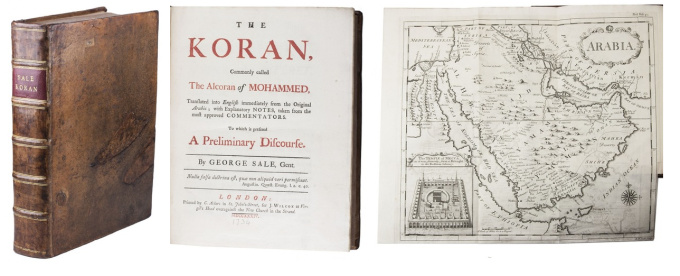




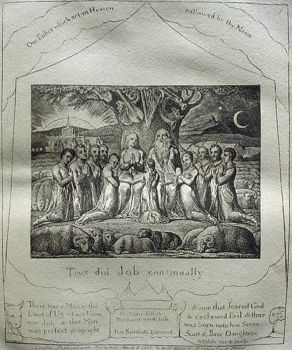
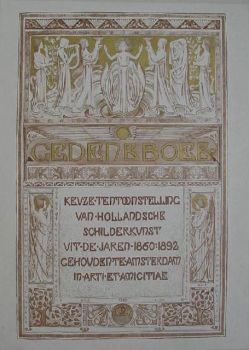
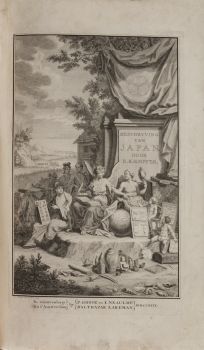
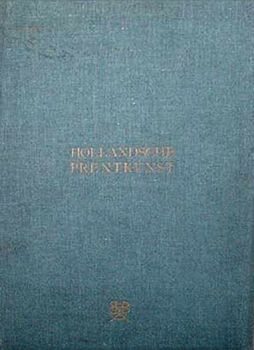
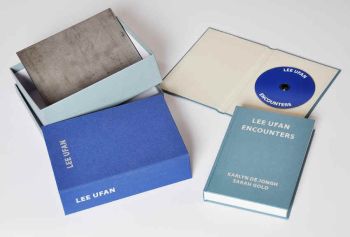
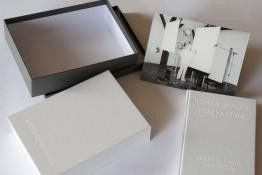
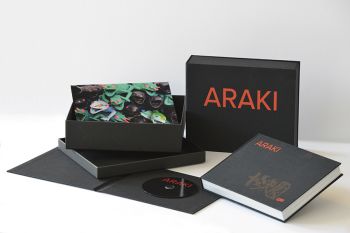
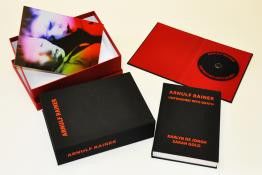
!["SKIMMING THE WATER [MENAGE A QUATRE]" Signed book plus small artwork by LAWRENCE WEINER](https://media-2.gallerease.com/images/442bfd5f-fc31-4e18-a2fa-ee0c08eade64/350x350/skimming-the-water-menage-a-quatre-signed-book-plus-small-artwork.jpg)
